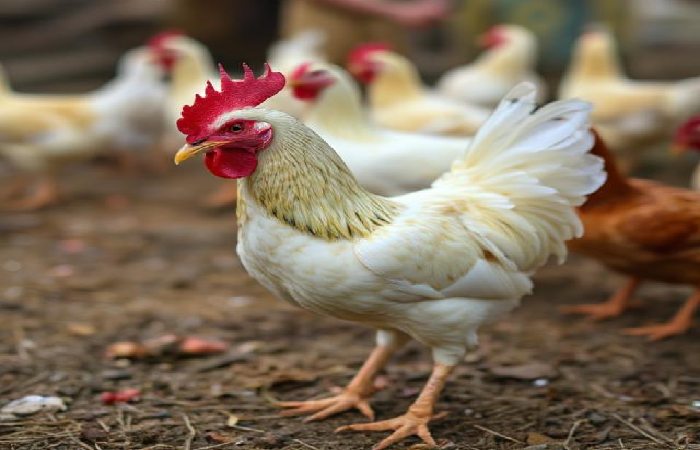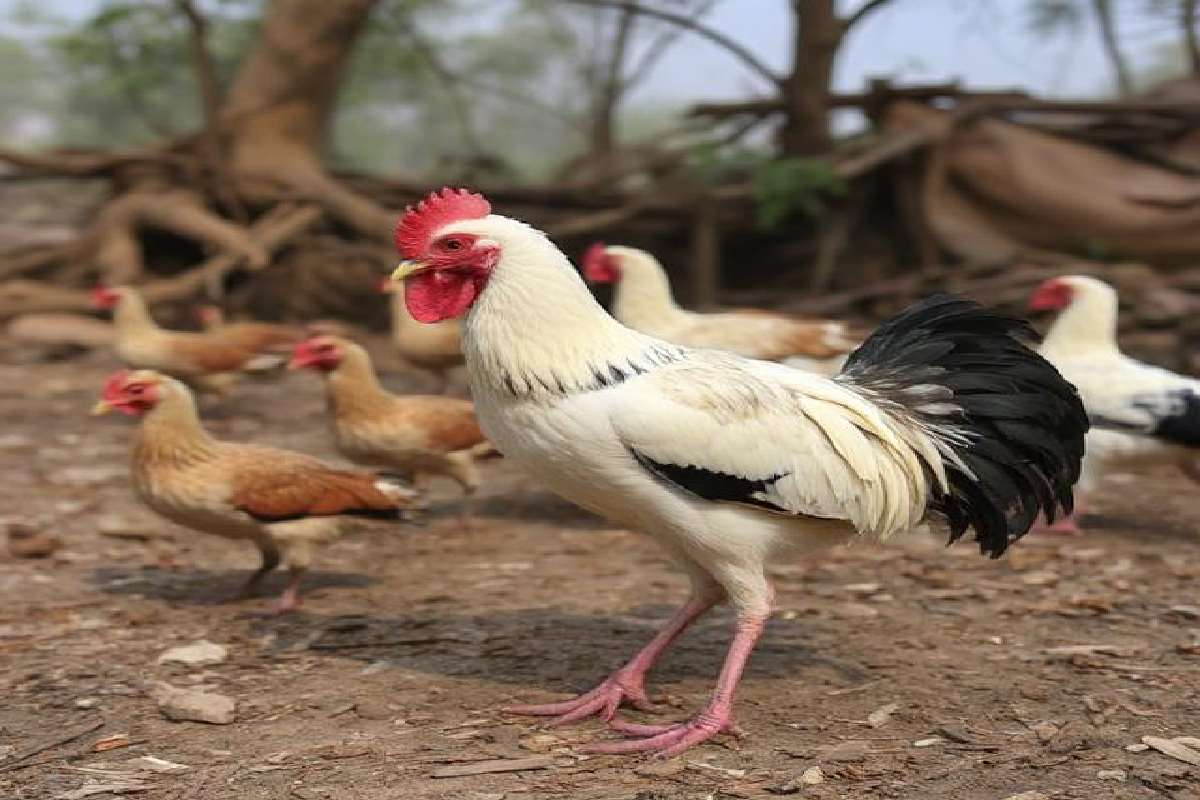Table of Contents
Understanding the Current Bird Flu Situation
The recent Bird Flu Outbreak in India: Is it Safe to Eat Chicken and Eggs? outbreak in India has raised serious concerns about food safety and public health. With multiple states reporting cases and thousands of birds being culled, many wonder: Is it safe to eat chicken and eggs right now?
What is Bird Flu?

Bird flu, or avian influenza, is a viral infection primarily affecting birds. The most common strain currently causing concern is H5N1. While this virus mainly spreads among birds, it can occasionally infect humans with close contact with infected poultry.
Key Characteristics:
Highly contagious among birds
Can cause severe illness in infected poultry
Multiple strains exist, with H5N1 being the most concerning
It rarely transmits to humans but can be serious when it does
Current Outbreak Status in India
Recent reports indicate a significant impact across several Indian states:
Maharashtra: 7,200 poultry birds culled and 2,230 eggs destroyed
Andhra Pradesh: Outbreak across five villages, affecting multiple poultry farms
Telangana: Preventive measures implemented, including import restrictions
Total Impact: Approximately 5.20 lakh fowl deaths reported
Safety of Consuming Chicken and Eggs
The good news is that properly cooked poultry products remain safe to eat. Here’s why:
Scientific Evidence:
The bird flu virus dies at temperatures above 70°C (158°F)
Proper cooking eliminates any risk of virus transmission
There is no evidence of infection through adequately cooked food
Proper Cooking Guidelines
To ensure safety, follow these cooking guidelines:
Temperature Requirements:
Chicken should reach an internal temperature of 75°C (165°F)
Eggs should be cooked until the yolks are firm
No raw or undercooked poultry products
Safe Handling Practices:
Wash hands thoroughly before and after handling raw poultry
Use separate cutting boards for raw meat
Clean all utensils and surfaces after use
Prevention and Safety Measures
For Consumers:
Buy from reliable, licensed vendors
Look for certification marks on packaged products
Avoid consuming raw or undercooked poultry products
Practice proper food hygiene at home
For Poultry Workers:
Wear protective gear when handling birds
Report unusual bird deaths immediately
Follow biosecurity measures
Get regular health check-ups
Economic Impact
The outbreak has significantly affected India’s poultry industry:
Market Impact:
Decreased chicken consumption
Increased seafood demand as an alternative
Price fluctuations in affected regions
Economic losses for poultry farmers
Expert Recommendations
Health experts and authorities advise:
Continue everyday consumption of properly cooked poultry products
Be vigilant about cooking temperatures
Follow food safety guidelines
Stay informed about local outbreaks
Purchase from reliable sources
Frequently Asked Questions
Q: Can humans get bird flu from eating infected chicken?
A: No, not if the chicken is properly cooked at temperatures above 70°C (158°F).
Q: Is it safe to eat eggs during a bird flu outbreak?
A: Yes, fully cooked eggs are safe to consume. Avoid raw or runny eggs.
Q: How can I tell if chicken is cooked correctly?
A: Use a meat thermometer to ensure internal temperature reaches 75°C (165°F). The meat should not be pink, and juices should run clear.
Q: Should I avoid entirely poultry products during outbreaks?
A: No, adequately cooked poultry products are safe. Just ensure proper cooking and handling.
Q: What are the symptoms of bird flu in humans?
A: Symptoms include fever, cough, sore throat, muscle aches, and respiratory difficulties. However, human cases are rare.
Q: How long should I cook chicken to ensure safety?
A: Cook until internal temperature reaches 75°C (165°F), typically 20-30 minutes, depending on size and cut.
While concerning for the poultry industry, the current bird flu outbreak in India does not pose a significant risk to consumers who follow proper food safety guidelines. Maintaining good hygiene practices and ensuring thorough cooking of poultry products, you can continue to enjoy chicken and eggs as part of your regular diet. Stay informed about local outbreaks and follow official guidelines for the best protection.

